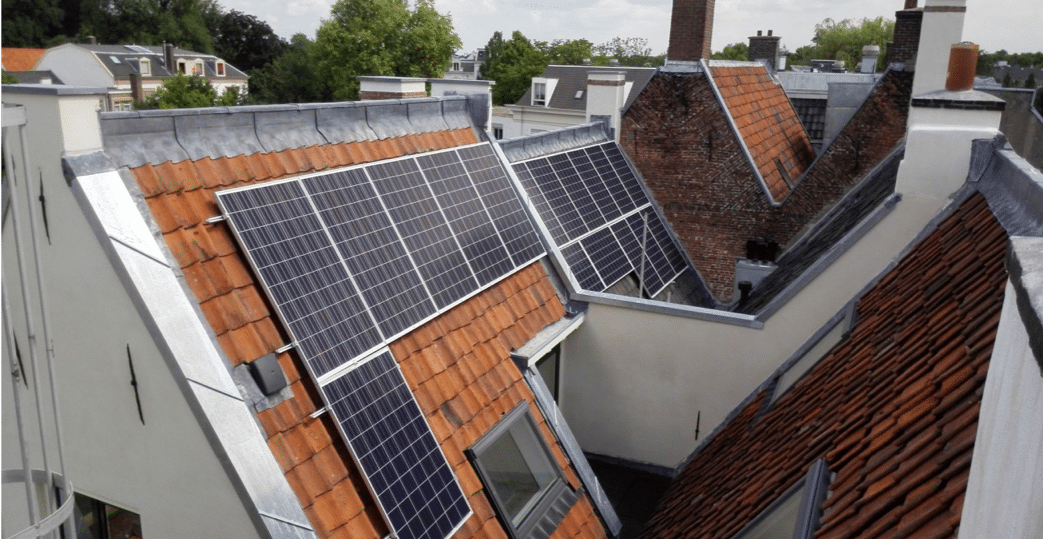03 Aug 2020 — In their first internal knowledge-transfer webinar, POCITYF’s Lighthouse cities addressed the technical challenges and the legal framework for implementing innovative solutions in their historical centres.
What are the challenges for historical cities, like Évora and Alkmaar, in becoming more sustainable? What is the legal framework to be considered when they plan their smart solutions?
These two issues were addressed during POCITYF’s first internal webinar whose aim was to pass on the knowledge previously acquired by the Lighthouse cities to other project partners, especially the Fellow cities.
Ceciel Nieuwenhout, from the University of Groningen, showed the results of her recent study on how laws and regulations make the sustainability of cultural historical heritage challenging. She gave a snapshot of Dutch, Portuguese and international legal frameworks. She also explained the practical challenges and opportunities brought about by these laws and regulations.
The international Granada Convention on Architectural Heritage established that heritage must be conserved for future generations. But an important insight is that the value of heritage lies in its being used. Therefore, it’s important to adjust buildings to the needs of the current times.
Both in the Netherlands and Portugal permission is required for changing the aspect of buildings classified as being of interest. Therefore, involving authorities in advance is crucial. “Engineers are always concentrated on what can be done technically but sometimes they forget to consider the legal point of view. The earlier you are aware of the regulatory framework the better you can plan,” explained Ceciel Nieuwenhout.
Another suggestion is to look at energy savings before looking at energy generation. Interventions to save energy (e.g. insulation) are generally less invasive on the look of the buildings and usually give a higher return on investment.
Nuno Bilo, from Évora Municipality, showed how they are overcoming technical and legal challenges in implementing POCITYF solutions.
He presented the innovations that will be deployed in Évora’s historic centre. For optimising the energy efficiency of buildings and improve their renewable generation, solutions include PV glasses, PV canopies, Tegosolar roofs, traditional PV shingles, bidirectional smart inverters, energy routers and buildings management systems. Other innovations, acting at a district-scale, were smart lamp posts with E-vehicle charging, a P2P energy platform and a community solar farm. Most of the solutions for optimising buildings are being redesigned according to the requirements of Évora Municipality and the Cultural Heritage Administration policies. In fact, in the historic centre all buildings are protected and subject to very strict conservation rules.
“We had to face some problems. This is normal because of the ambitious plans of our project. We had to change some of the solutions that had been planned in the grant agreement. For example, we had to rethink the shape and the colour of the PV shingles to harmonise them with the historical façades of the buildings”.
Furthermore, in Portugal there are constraints in the rate among energy produced and consumed. The self-consumption legislation is not very friendly for cases where generation exceeds consumption (which clashes with the objectives of POCITYF to create positive energy districts). In this case, creating a community solar farm could be a way to overcome this obstacle.
An interesting topic raised in the Q&A session of the webinar, was the possibility of influencing future legislation thanks to the work achieved by POCITYF.
Both speakers agree: we should aim to do that. But it’s important to think locally. Heritage laws are regulated at municipal level and changing local rules is easier than changing the national ones. Therefore, if our Lighthouse cities are able to modify their rules locally, then other cities may follow them. We don’t have to wait for things to change nationally in order to have a positive impact on the regulatory framework.
We hope to see you at our next webinar!

